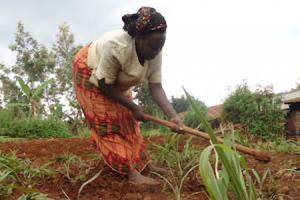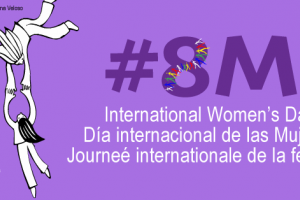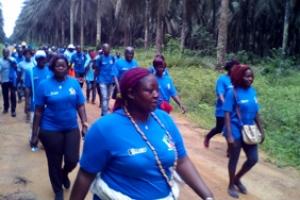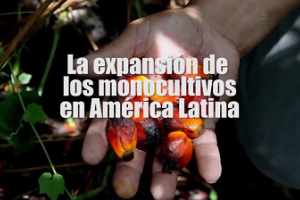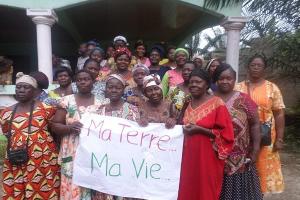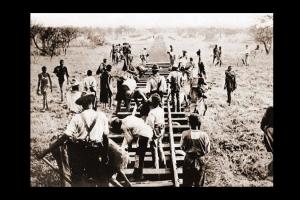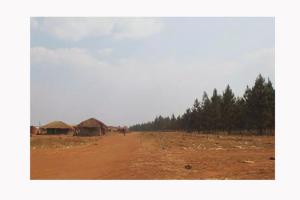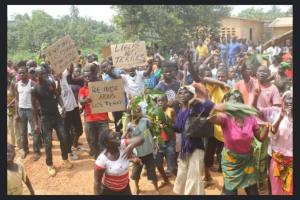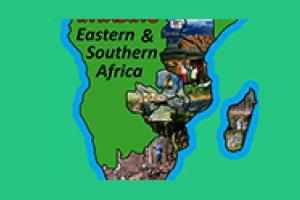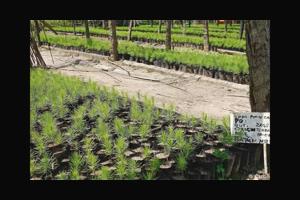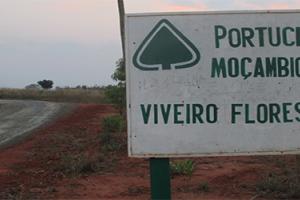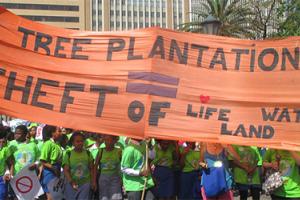Plantations are increasingly surrounding and engulfing communities. Women must walk through company-occupied lands in order to seek their livelihoods. This, among other things, can cost them their lives.
Large-Scale Tree Plantations
Industrial tree plantations are large-scale, intensively managed, even-aged monocultures, involving vast areas of fertile land under the control of plantation companies. Management of plantations involves the use of huge amounts of water as well as agrochemicals—which harm humans, and plants and animals in the plantations and surrounding areas.
Bulletin articles
7 March 2018
Covered under the shade of oil palm companies in Cameroon: A recount of the abuses that women suffer
Other information
7 March 2018
On the 8th of March2018, International Women’s Day, we from the World March of Women, diverse women from all peoples, races and ages, come together once again to reaffirm that we will keep marching until we are all free from all the oppression from the patriarchal, capitalist and colonial system; we will continue to use our feminism as a way of life, and the streets as the space to amplify our demands.
Other information
7 March 2018
The sixth and latest issue of the magazine “Trait d’Union“, a trimestral magazine and liaison of the associations of populations surrounded by oil palm plantations from SOCAPALM, workers’ unions and oil palm planters, was released. The magazine shares over 15 relevant articles highlighting different aspects of the struggles surrounding these oil palm plantations in Cameroon. This time, we want to emphasize two articles:
Other information
20 February 2018
(Only available in Spanish). Documental sobre la expansión de monocultivos de palma aceitera y piña en América Latina, realizado por Aldo Santiago, periodista mexicano independiente, y Claudia Ramos, integrante de la organización Otros Mundos A.C./Amigos de la Tierra México. Duración: 35 minutos. Idioma: Español.
Action alerts
17 January 2018
Support African women! Sign the petition included on this article by filling the form enclosed below. Organized women who live around industrial oil palm plantations denounce different forms of violence.
Bulletin articles
9 January 2018
In order to better understand peoples' struggles across the southern and eastern regions of Africa, reflecting on its history is crucial. This editorial highlights some parts of this history. And this, of course, is just the tip of the iceberg.
Bulletin articles
9 January 2018
Green Resources S.A., a company with mostly Norwegian capital, is considered to be the largest tree plantation company in Africa. The reality on the ground reveals serious land conflicts between the company and local communities, in Mozambique, Uganda and Tanzania. This article reflects the situation in Mozambique.
Other information
9 January 2018
Three villages in Côte d’Ivoire were informed in 2015 that the government had granted a concession covering a total of 11 thousand hectares to Compagnie hévéicole de Prikro (CHP), the Ivorian subsidiary of the Belgian corporation Société d’investissement pour l’agriculture tropicale (SIAT), for establishing an industrial rubber tree plantation. A recent report from the NGO GRAIN recounts the communities’ on-going struggle for recuperating their land.
Other information
9 January 2018
This briefing, compiled by the World Rainforest Movement (WRM) and the Timberwatch Coalition (TW), is now also available in Swahili. It focuses on various internal and external factors determining changes in the extent of land under industrial tree plantations in 11 eastern and southern African countries: Malawi, Mozambique, Zambia and Zimbabwe; Kenya, Tanzania and Uganda; South Africa, Swaziland and Lesotho; and Madagascar.
Bulletin articles
9 January 2018
The devastating impacts of Green Resources’ tree plantation and carbon offset project in Uganda exposes the limits of carbon markets. While villagers carry the social, environmental and other costs of this project by loosing access and control over their land, the company is allowed to profit even more from its destructive plantations, framing them as “carbon sinks”.
Bulletin articles
9 January 2018
Industrial tree plantation projects in Mozambique are gaining more and more ground in processes of land acquisition and dispute. The Portuguese company, Portucel, has a “reforestation” plan through 2026 that aims to cover 356 thousand hectares.
Bulletin articles
9 January 2018
This article gives an overview on the industrial tree plantation expansion threat in eastern and southern African countries, its external drivers, as well as the challenges this expansion presents to affected communities struggling to defend their land and livelihoods.
